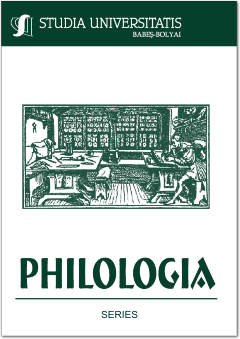FROM CLILiG TO DIGITAL TOOLS: DEVELOPING READING STRATEGIES AND COLLABORATIVE SKILLS FOR UNIVERSITY STUDENTS
FROM CLILiG TO DIGITAL TOOLS: DEVELOPING READING STRATEGIES AND COLLABORATIVE SKILLS FOR UNIVERSITY STUDENTS
Author(s): Dana ConkanSubject(s): Language studies, Language and Literature Studies, Foreign languages learning, Theoretical Linguistics, Applied Linguistics, Studies of Literature, Philology, Translation Studies, Theory of Literature
Published by: Studia Universitatis Babes-Bolyai
Keywords: CLILiG; digital learning tools; reading strategies; collaborative skills; macro- and micro-scaffolding; language awareness strategies;
Summary/Abstract: From CLILiG to Digital Tools: Developing Reading Strategies and Collaborative Skills for University Students. The article sets out to investigate how language awareness strategies found in the didactics of CLILiG (Content and Language Integrated Learning in German) can support, develop and train reading strategies and collaborative skills for university students. As a didactic concept, CLILiG is, on the one hand, the direct result of language policies. On the other hand, it is a natural response to the multilingual learner of today. The first part of the article focuses on CLILiG, its variants, main features (micro- and macro-scaffolding) and how digital tools for learning can be integrated in class, in order to make use of both language and specific content. The second part discusses two didactic examples designed for students studying in German Institutional Communication in the European Union at the Faculty of European Studies, Babeș-Bolyai University, Cluj-Napoca, Romania. The article offers a look into digital tools like Coggle and Padlet and how they can be used in class to train reading strategies and collaborative skills with university students. Students’ interaction with challenging texts in a foreign language and digital tools supporting a learning outcome can improve reading skills and allow students to find creative ways of understanding specialized content, especially because of the features digital apps like Coggle and Padlet have to offer.
Journal: Studia Universitatis Babes-Bolyai - Philologia
- Issue Year: 64/2019
- Issue No: 2
- Page Range: 35-48
- Page Count: 14
- Language: English

